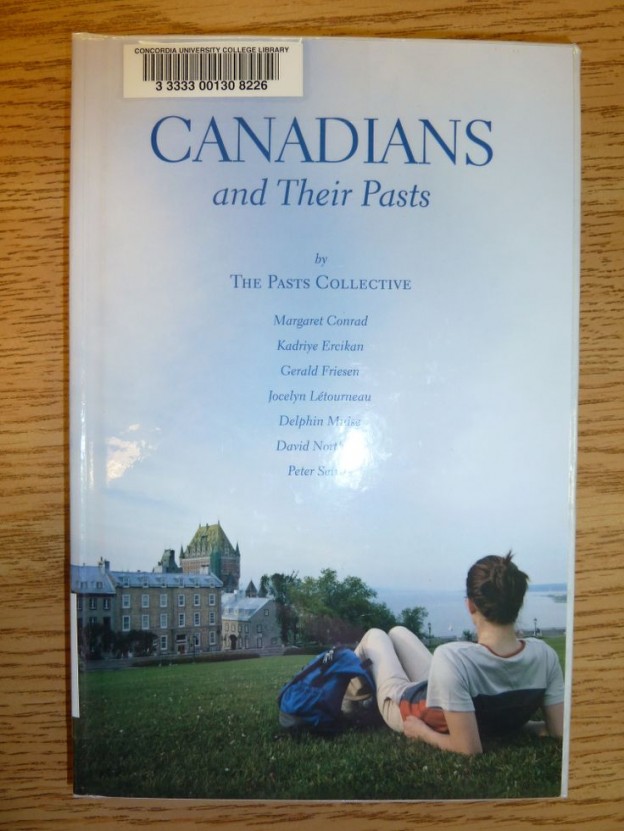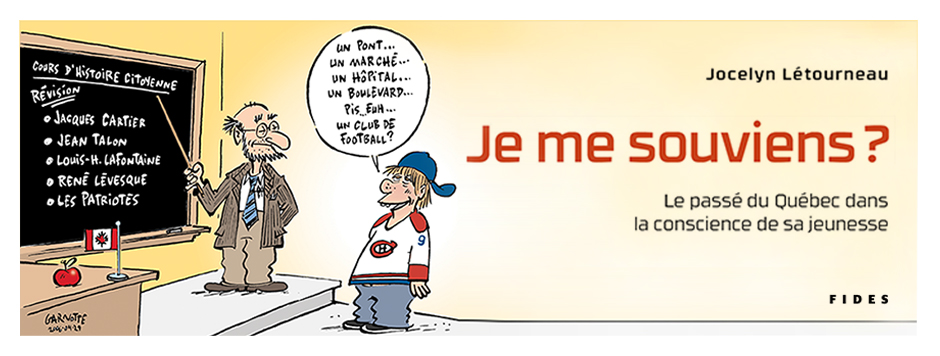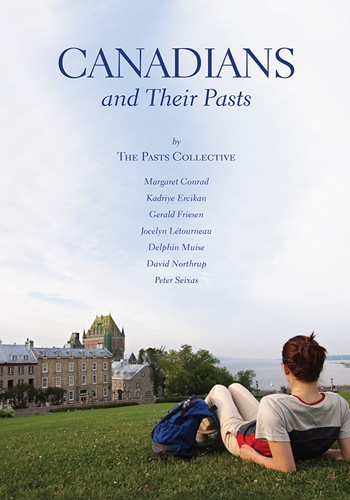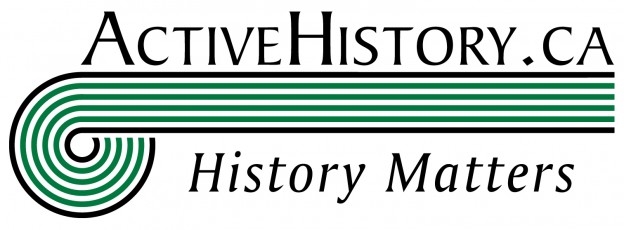
In the last blog post, we cited Del Muise’s article about the contributions of the Canadians and Their Pasts survey :
Our survey illuminates a number of important themes that have been prominent in media commentary in recent years. Have people lost contact with the past as a result of today’s extraordinary changes in communication? We say, emphatically, no.
This week, on THEN/HiER blog, Heather McGregor expresses her concerns about Canadians & Pasts survey, who’s “Ignoring the Territorial North, Again” :
Nowhere is there a mention of the territorial North broadly speaking, or the Yukon, NWT or Nunavut specifically. And what about Nunavik and Nunatsiavut? Nor (that I could find) is there an explanation for the decision to leave them out. The survey was conducted by phone across the country; that the territories could not be included in this effort puzzled me.




